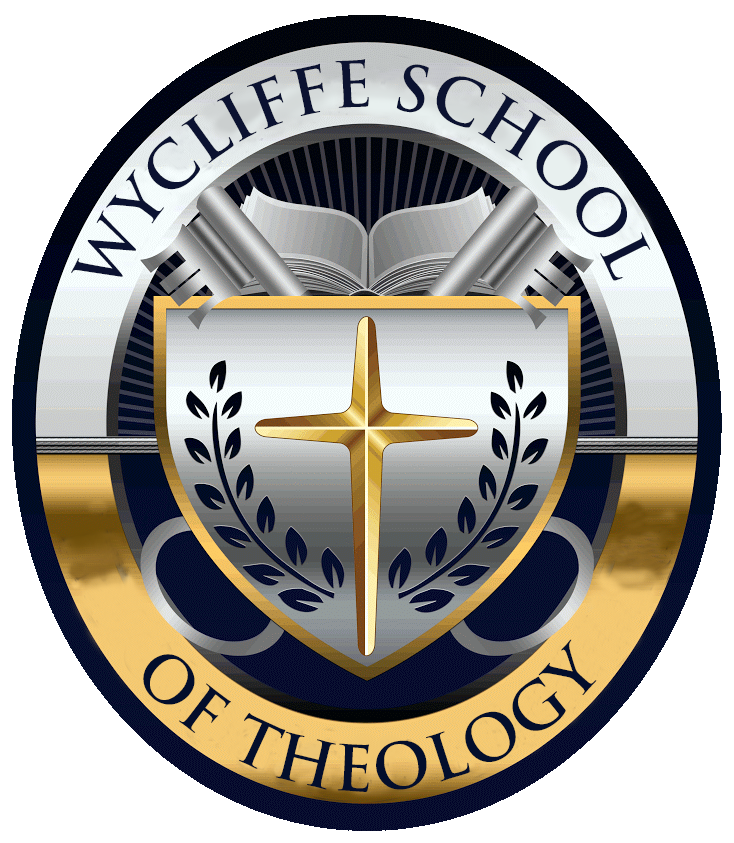The Importance of Eschatology
Why is eschatology important?
- The importance of Eschatology is huge as it is complex. Here are just a few reasons why. The Old Testament moves forward with eschatological messianic hope (Sailhamer’s phrase) and culminates in Jesus’ first coming. The “last days” promised by the Old Testament, in which Yahweh comes to Israel and sends his Messianic Davidic king, Israel and the nations experience the tribulation, resurrection and the giving of the Spirit occur, etc., are inaugurated in Christ’s life, death, resurrection, ascension, and giving of the Spirit at Pentecost. But the NT structure demonstrates the bipartite nature of the last days; they are inaugurated at Christ’s first coming, but not consummated until his second. So the NT also looks forward and is imbued with a similar eschatological messianic hope, this time looking forward to his return.
- The importance of Eschatology is huge because it provides the context and motivation for missions. As far as the former is concerned, the “last days” are the days in which we now live, and thus missions is set in the context of continuing to fulfill God’s promises to Israel through the church’s mission to the nations. The in-gathering of the Gentiles was part of the “last days” OT promises, and it is primarily this promise that continues to be fulfilled in the church’s evangelistic efforts around the globe. Concerning motivation, both Christ’s giving of the Spirit in the last days and the immanence of his return give Christians the proper impetus for sharing the gospel. They are empowered, and thus motivated, to do so by Christ’s Spirit, and they are compelled by their knowledge of his sudden return, a return that could happen at any moment. Knowing that unbelievers will spend eternity in the lake of fire (Rev. 21:8) ought to motivate all Christians to share the gospel liberally.
- The importance of Eschatology is huge because it provides the shape of the Christian life. Salvation, and specifically sanctification, are embedded in the already/not yet shape of Christ’s work, namely that he has already paid the penalty for sin, defeated God’s enemies, and restored creation in his resurrected body but has not yet consummated these things in his final judgment at the second coming. In his application of his work to us by his Spirit, we thus benefit from his work in each of these areas, but still suffer from indwelling sin, sin that will not be ultimately removed and destroyed until his return.
- Finally (at least for this post), The importance of Eschatology is huge because it gives shape to human history. The end of time has dropped into the middle of time in Christ’s work. Christ’s life, death, resurrection, ascension, and giving of the Spirit bring to the world new creation (in his life, and especially in his miracles, and in his resurrected body), the defeat of God’s enemies and his reign over all the world (in his death, resurrection, and ascension), and the ability of his people to obey (through his own obedience on our behalf and its application to us in his giving of the Spirit).
